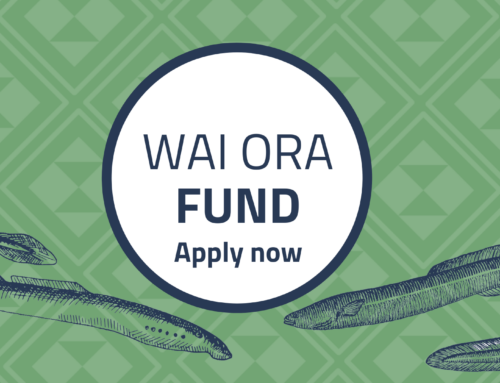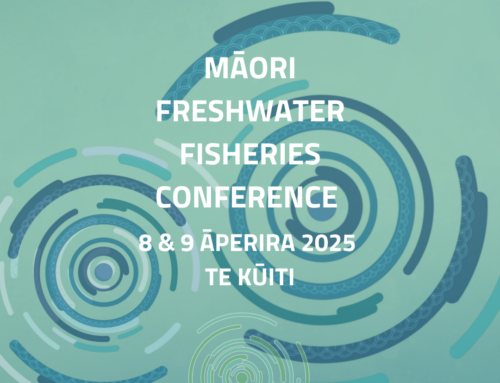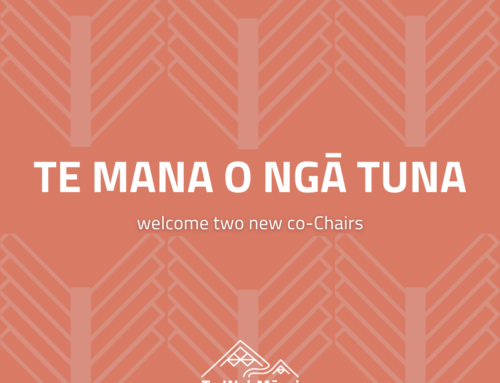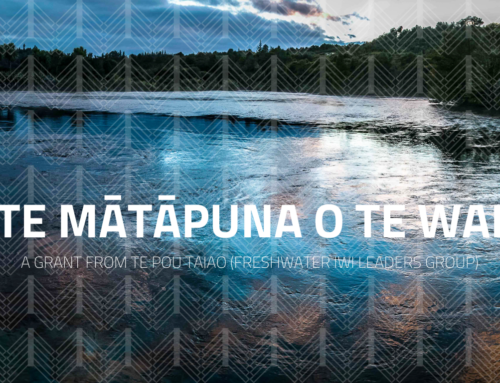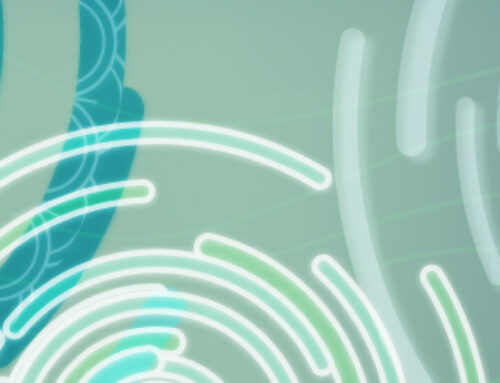2019 was another busy and rewarding year for Te Wai Māori Trust. As we head into 2020, we thought we’d share our highlights from this year:
Developing our policy responses with Iwi and hapū input
In January, Te Wai Māori organised an initial meeting of Iwi to discuss options to enhance the status of tuna. Based on the feedback we received, we set about scoping and implementing a suite of mechanisms which included:
- establishing a national tuna body
- commissioning research on climate change
- progressing a national review of tuna and its habitat.
There was also considerable public discussion on the health and wellbeing of īnanga following the Minister of Conservation’s announcement of the review of the management regime for whitebait. In March, we held a workshop with Iwi to discuss the various issues that īnanga are facing, including fishing, degradation of habitat, and water quality. The feedback from the workshop has helped guide our work programme for FY19/20.
Wai Ora projects
Throughout the year we worked with recipients of Wai Ora funding to complete their projects. This year we supported projects being undertaken by Te Arawa Lakes Trust and Ngati Tarawhai, Ngā Hapū o Tūtaekurī, Whangawehi Catchment Management Group, Te Kotahitanga o Te Ātiawa Trust, the Tūwharetoa Māori Trust Board, Te Kaahui o Rauru, and Hokotehi Moriori Trust. We are looking forward to supporting the 2019/2020 Wai Ora Fund projects.
Hosted the Freshwater Fisheries Conference
In September Te Wai Māori held our biennial Freshwater Fisheries Conference in Whangārei to discuss the impacts of climate change on freshwater fisheries. We heard from some amazing speakers over the two days, including Rereata Makiha, Sheridan Waitai, Delaraine Armstrong, and Dee Sciascia. One of the common issues raised was the need for Iwi and hapū to lead localised responses to climate change in their respective rohe, and the need for mātauranga māori to be interwoven into national programmes and frameworks to respond to climate change. The next conference will be hosted by Ngāti Tūwharetoa in 2021.
Click here to watch the speaker presentations from the 2019 conference.
Establishing a national tuna body
At the 2017 tuna conference the Trust agreed to undertake a work programme seeking the status of legal personhood for tuna. The aim was to ensure that the regulatory framework is robust enough for the species to grow and thrive, in turn, providing sustenance, economic opportunity and cultural expression for Māori. The Trust undertook its own analysis of the merits and implications of legislative protections and recognition for the species.
To address anthropogenic pressures facing tuna, we established a national body whose ambition is to promote, progress, and influence improved management of longfin tuna through applying a kaupapa Māori perspective. The initial members of the national body have identified a number of pressures on tuna, including:
- barriers to migration
- declining water quality
- and the loss of habitat.
The National Body looks forward to the mahi ahead of it and will continue to keep Iwi and hapū updated as work progresses.
Climate change research
During the year we commissioned NIWA to undertake assessments of the vulnerability of taonga freshwater species to a changing climate. This research will be complete in early 2020, and we will make this available to Iwi through our website. We expect that this research will identify a number of information gaps in our knowledge about the effects of climate change on taonga species, and will help us to develop toolkits to assist Iwi and hapū to respond to climate change at a local level.
The office will be closed from 20 December to 6 January.
Meri kirihimete me ngā mihi maioha mō te tau hou!


